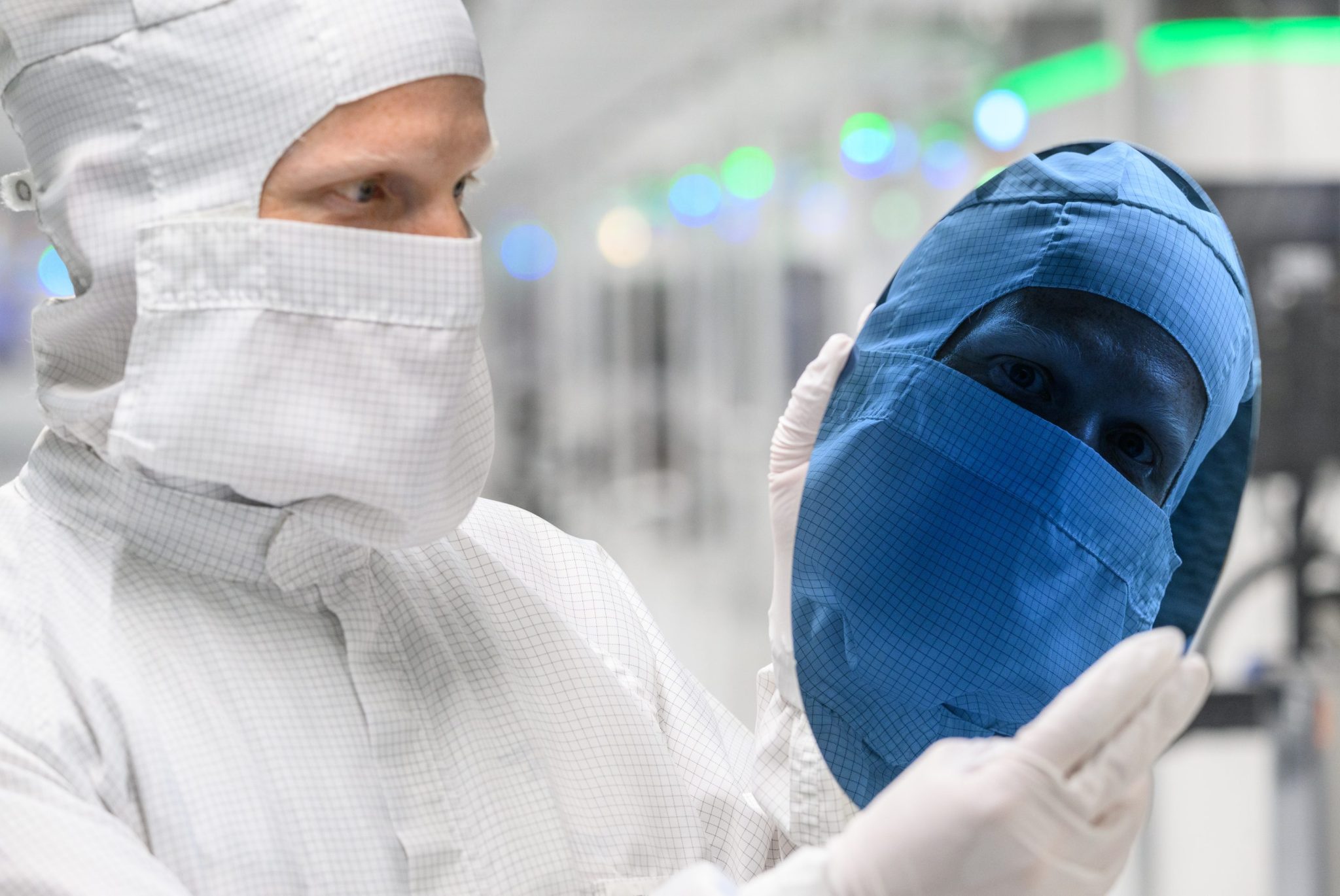
There is renewed attention on the sustainability of semiconductors. Chorus has been building in recent years to improve the sustainability of chip manufacturing and usage. In 2022, COP27 saw the creation of a Semiconductor Climate Consortium with 60 founding members pledging to reduce emissions to 0% by 2050.
It is understandable why chips would be a target. They are ubiquitous and their number and usage will just keep increasing. Most stages of their complex supply chain–from the extraction of raw materials to transportation of finished goods to the processing, heating, and cooling required in production, to recycling–produce significant emissions.
Silicon, the basic material used to build chips, is famously created in furnaces from sand or quartz by burning a mixture of coal and wood chips. Energy and water needs for the industry to function are high–and keep increasing. The manufacturing of advanced 3nm chips may consume almost 8 billion kilowatt-hours annually. In some cases, the impact on communities has been visible. TSMC, the world’s largest chip manufacturer, consumes 6% of Taiwan’s electricity and 10% of its water, leading to water shortages. And the industry’s contaminants in the Bay Area have rendered a number of sites toxic.
Despite this, governments and semiconductor companies must be careful about how they approach chip sustainability at this time. We just went through a chip shortage that brought the economies to their knees. The shortage also brought to the fore the potential economic and national security benefits of increasing and localizing chip production. The CHIPS and Science Act passed earlier this year in the U.S. has generated momentum behind chip manufacturing–and sustainability issues must be addressed in a way that does not slow this momentum.
This won’t have as much cost as one may imagine. Most of the current focus is on emissions–and the chip industry produces only 0.1 to 0.2% of global carbon dioxide equivalent emissions. This is small when considering the outsized economic impact they produce.
Chips serve as key enablers for smart grids, the transition to renewables, intelligent and electric transportation, low carbon footprint logistics and supply chains, video conferencing, smart agriculture, drug discovery, and energy-efficient manufacturing, each helping make progress toward global sustainability goals. The economic impact of chips also helps greater adoption of sustainable technologies. One could argue that the end-to-end sustainability impact of chips is likely positive–despite their emissions and large energy and water needs.
What does a careful approach to chip sustainability mean today?
A conventional regulatory approach may lead to a National Environmental Policy Act (NEPA)-triggered environmental review for each new chip production project before CHIPS Act funds can be disbursed. It may also allow litigation by private citizens at each step of the process. However, this may introduce multi-year delays in a cost-conscious and fast-moving industry. These delays (environmental reviews take more than four years, on average) and the corresponding increase in project costs may defeat the key purpose of the act–outpacing economic and geopolitical competitors and securing chip supplies. Instead, one-time exceptions should be made that will allow fab constructions and upgrades to start with little delay.
One could argue that this “free pass” may both be dangerous and set a bad precedent. However, the chip industry has done well with goal setting and self-regulation. TSMC now invests 2% of its annual revenue in green initiatives and recycles over 85% of the water it uses. Intel uses renewable energy for over 80% of its operations and produces more fresh water than it consumes in the US, India, and Costa Rica. Samsung reuses over half of its water. Both the energy and water intensity of chip production have been decreasing fast. The use of renewable energy has been on the upswing. New equipment and processes are considerably more energy efficient.
One key reason why the chip industry has done so much is that improved sustainability aligns with their economic objectives. Reducing energy, gas, and water requirements reduces their costs and provides them flexibility in terms of location. Chipmakers have enough margins to absorb short-term costs. And their customers often require meeting sustainability targets.
In addition to one-time NEPA exceptions, regulators should be flexible when considering metrics on which the industry has not done well. Chip production processes have been developed and perfected over decades. Replacing parts of the process with their more sustainable counterparts would require large investments into research and development with no guarantees of success.
Similarly, today’s semiconductor supply chains are extremely optimized for efficiency and cost. A careless relocation of supply chain components simply to meet sustainability metrics can impact cost and competitiveness. Special flexibility should be shown with brownfield chip production. The cost of retrofitting older fabs (or replacing their tools, facilities, and processes) that mostly produce low-margin chips may render these fabs uncompetitive. Chip security concerns are causing a restructuring of existing supply chains. Care must be taken that the compliance burden does not produce unreliable or uncompetitive supply chains.
The chip industry must grow–economic and national security demands it. It is also necessary for this growth to be sustainable. Since the industry is at an inflection point, it will be important to be flexible and pragmatic.
Rakesh Kumar is a professor in the Electrical and Computer Engineering department at the University of Illinois and the author of Reluctant Technophiles: India’s Complicated Relationship with Technology.
More must-read commentary published by Fortune:
- Economic pessimists’ bet on a 2023 recession failed. Why are they doubling down in 2024?
- COVID-19 v. Flu: A ‘much more serious threat,’ new study into long-term risks concludes
- ‘Parroting Putin’s propaganda’: The business exodus over Ukraine was no Russian bonanza
- The U.S.-led digital trade world order is under attack–by the U.S.
The opinions expressed in Fortune.com commentary pieces are solely the views of their authors and do not necessarily reflect the opinions and beliefs of Fortune.
Credit: Source link













